“The ability to test quickly and reliably at the municipal level could provide a real-time indicator of how many people are infected,” says Dr. Gail Krantzberg. Recent research at McMaster University could soon become the new innovative way to test outbreaks in our communities. As public health professionals are struggling to determine the root of community outbreaks, researchers are testing how the COVID-19 virus could be detected in municipalities’ raw sewage to rapidly address outbreaks in the region. The virus is quickly spreading from person to person, particularly within communities and the wastewater system in Ontario could be the key in identifying the origin of a potential outbreak.
The researchers involved in this new study include Gail Krantzberg, professor at the W. Booth School of Engineering Practice and Technology and recipient of five NSERC Discovery Grants awards and wastewater expert Zobia Jawed. “We know virus fragments are detected through feces of infected individuals,” according to Krantzberg, who added that this research could be “an important tool to manage the implications of moving from phase 2 to phase 3 by tracking the emergence of a possible next outbreak.”
Once the data is retrieved, McMaster University would use their Artificial Intelligence technology to thoroughly evaluate the danger and monitor the movements of the virus.
Wastewater testing could defy the major obstacles in the detection of COVID-19 in Canada and around the world. It would provide a more efficient and effective way of identifying the virus and avoid issues such as the unavailability of test kits, additional costs, false positives and infected, yet asymptomatic residents. It could also lead to major advancements in detecting other pandemics and the effectiveness of potential vaccines.
“We can identify hotspots within the community which might include a specific neighbourhood, school, or a long-term care home, for example,” explains Krantzberg.
The researchers must adapt their new system to the already existing testing methodology of Ontario’s wastewater system. They want to ensure their study is inclusive; therefore, they are doing their best to involve Indigenous communities, villages and remote communities in the project.
Read more on another way McMaster University are making a difference during COVID-19: https://brighterworld.mcmaster.ca/articles/mcmaster-engineers-bringing-to-market-at-home-test-to-detect-covid-19-antibodies-and-3d-cell-printing-technology/
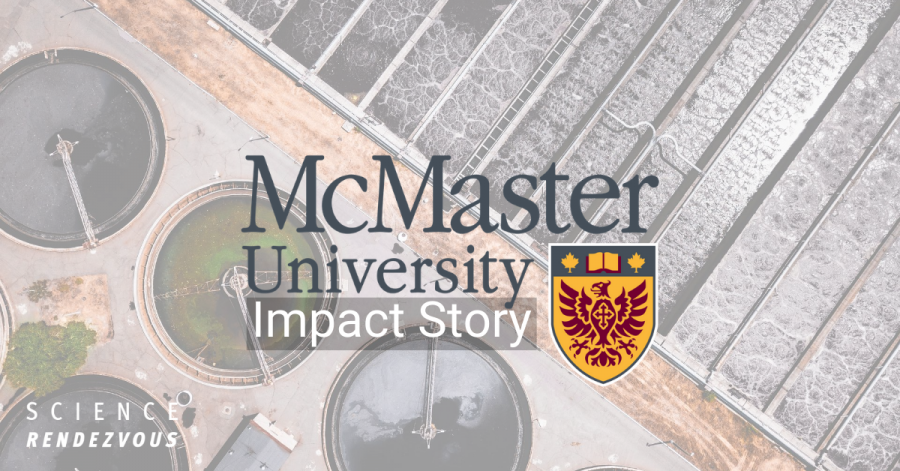

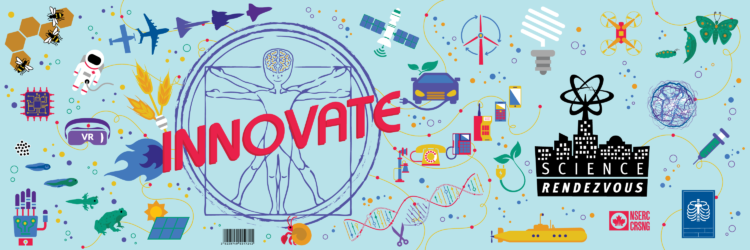

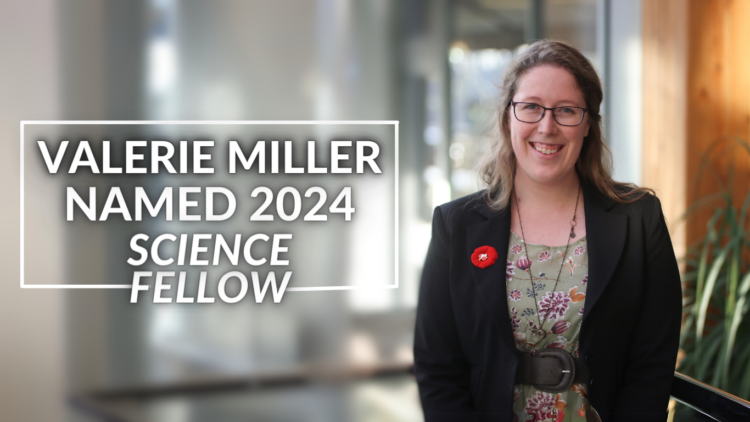
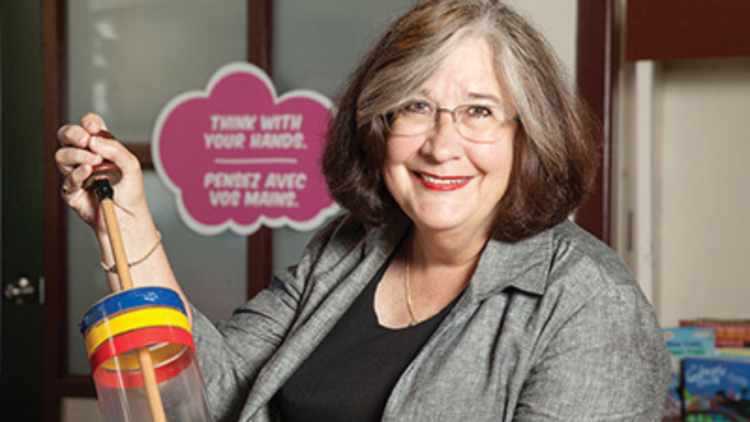















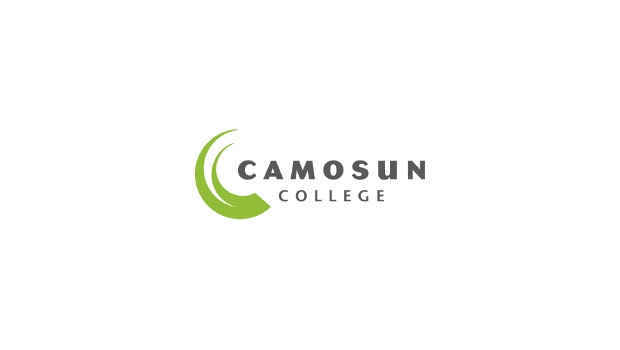











 Volunteer Spotlight
Volunteer Spotlight 
 Science Rendezvous
Science Rendezvous 

